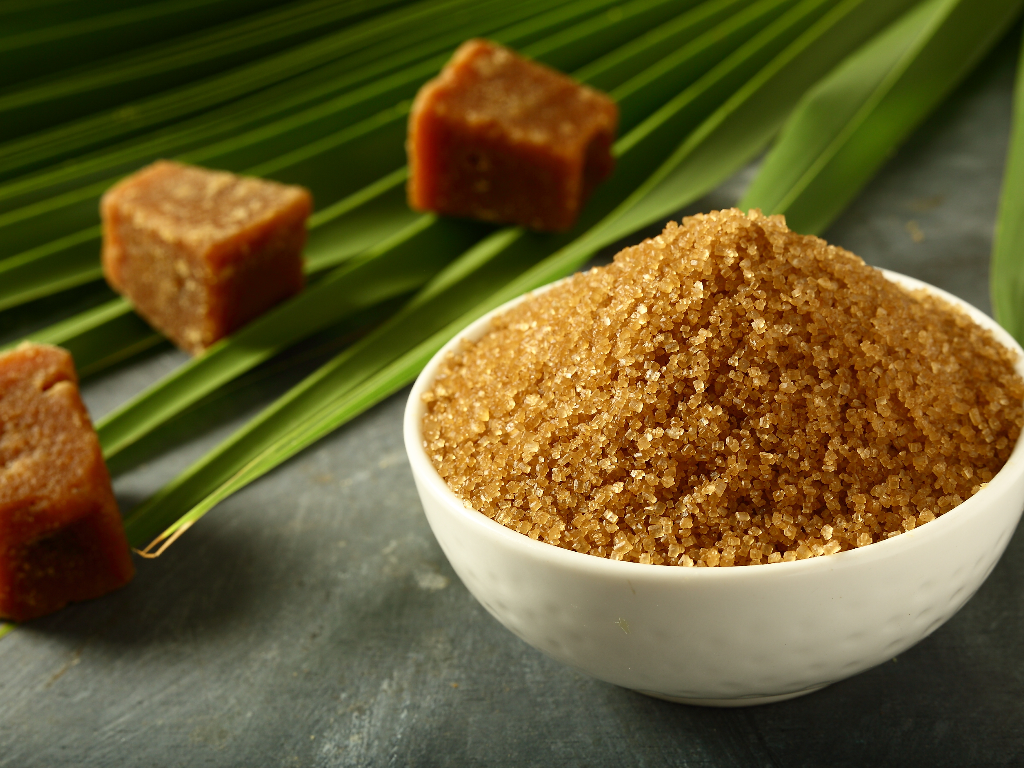This past week, the East African brown sugar market saw further declines, particularly in Tanzania and Kenya, driven by increased imports and existing surplus stocks. The anticipated arrival of substantial sugar imports during Ramadan is expected to exert more pressure on prices, especially in Dar es Salaam, which is expecting 68,000 tons of brown sugar soon. In contrast, South African cities experienced a significant rise in sugar prices due to the reinstatement of sugar import duties, marking increases across various cities.
Kenya's sugar market continues to face challenges with prices falling further amidst a surplus stock situation and the beginning of the long rainy season, which may hinder cane harvesting and transportation. Nairobi's brown sugar market, specifically, ended the week negatively in terms of import parity for both world market and East African Community (EAC)-origin sugars, reflecting ongoing market difficulties.
Notable developments include the West Kenya Sugar Company's plans to expand cane production across ten counties with an investment of around USD 9.06 million, aiming to boost yields through various supports to farmers. Meanwhile, the Kibos Sugar Company is considering relocating its refinery plant from Kenya to Rwanda due to regulatory challenges in Kenya, highlighting the impact of trade laws and economic zones on the sugar industry's dynamics.
Overall, the week showed a mixed picture of sugar prices across Africa, with East Africa grappling with oversupply and import pressures, while South Africa experienced price increases following policy changes. The market remains complex, with varying factors influencing sugar prices across the continent.
Source kulea.africa

